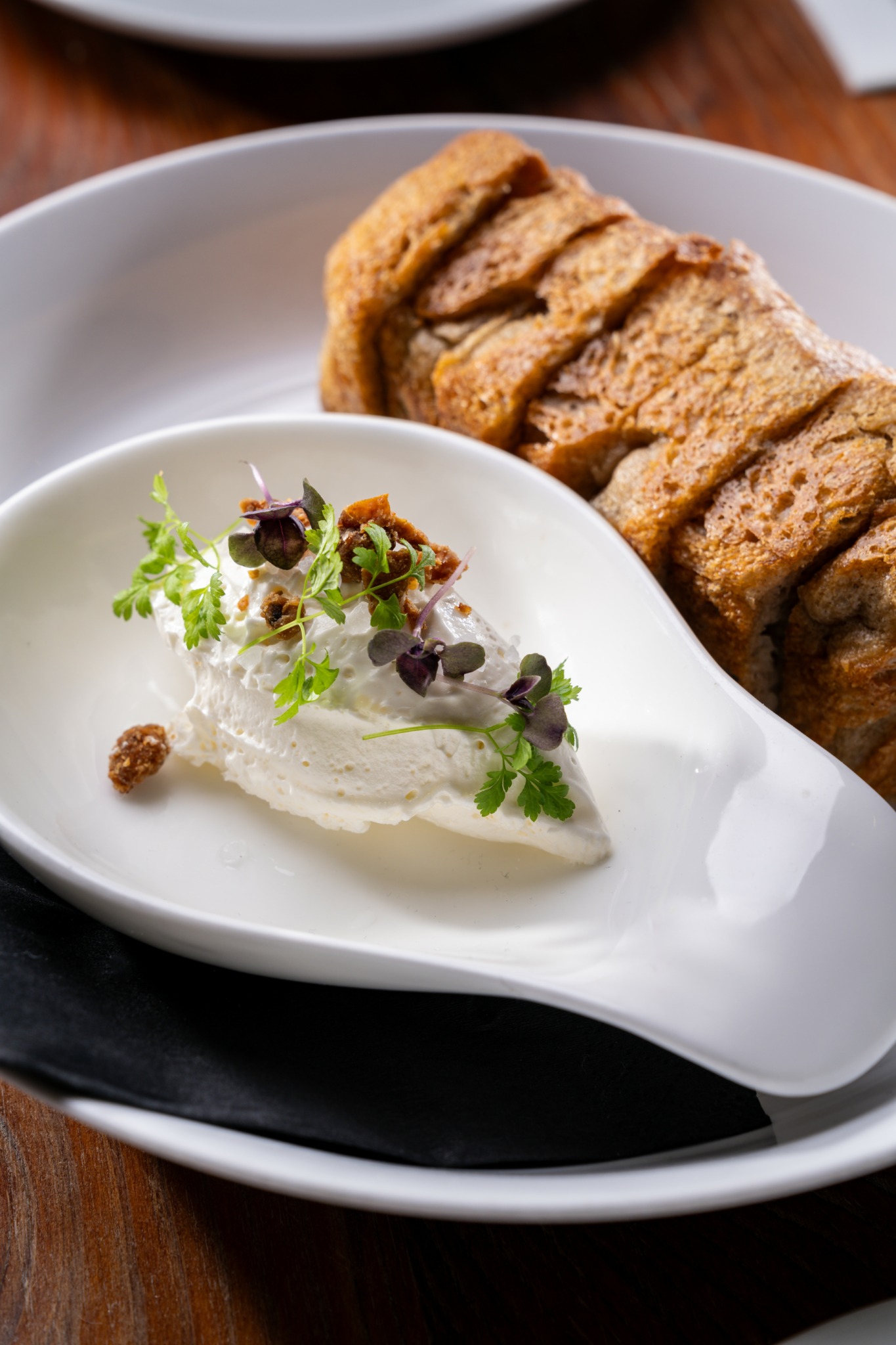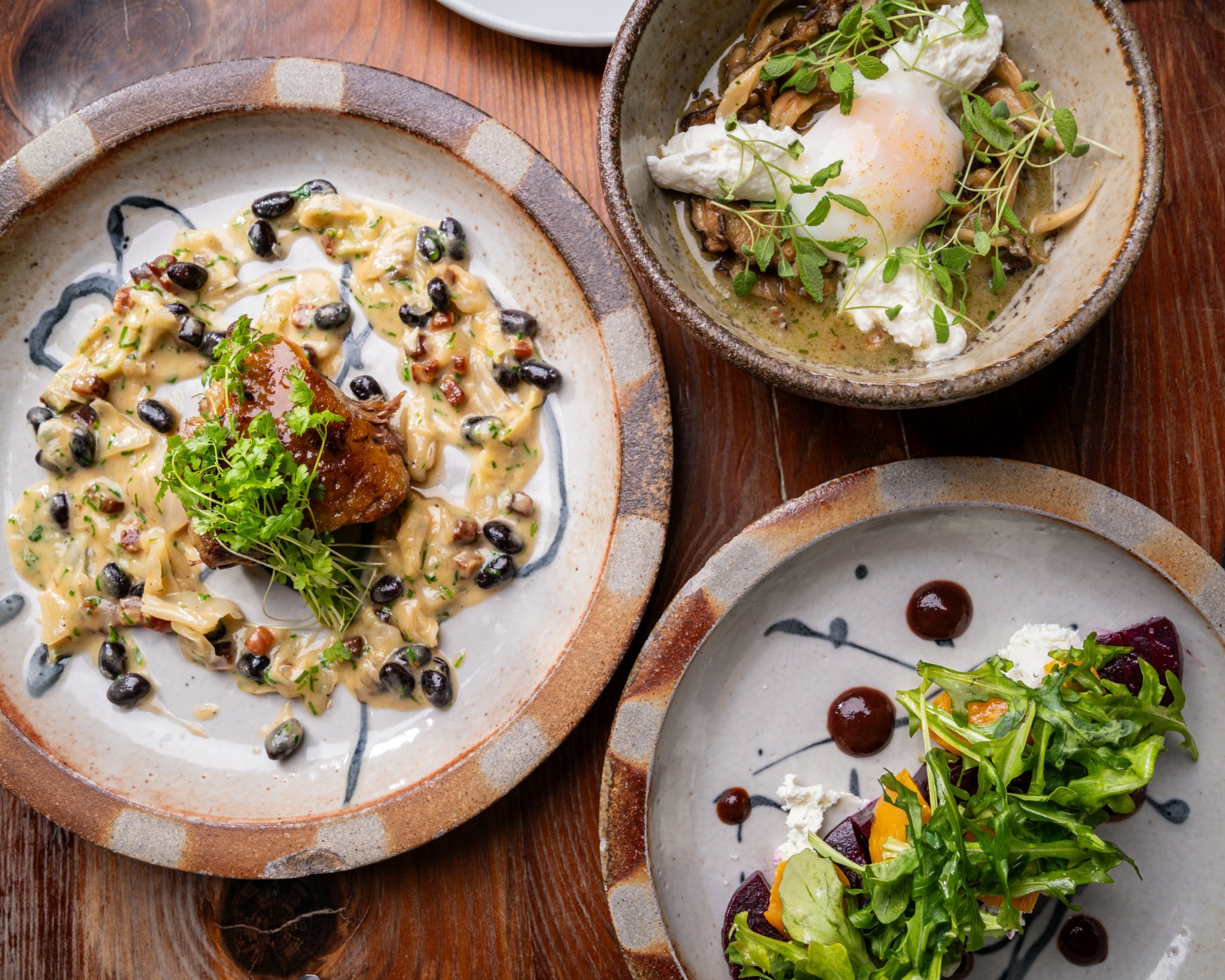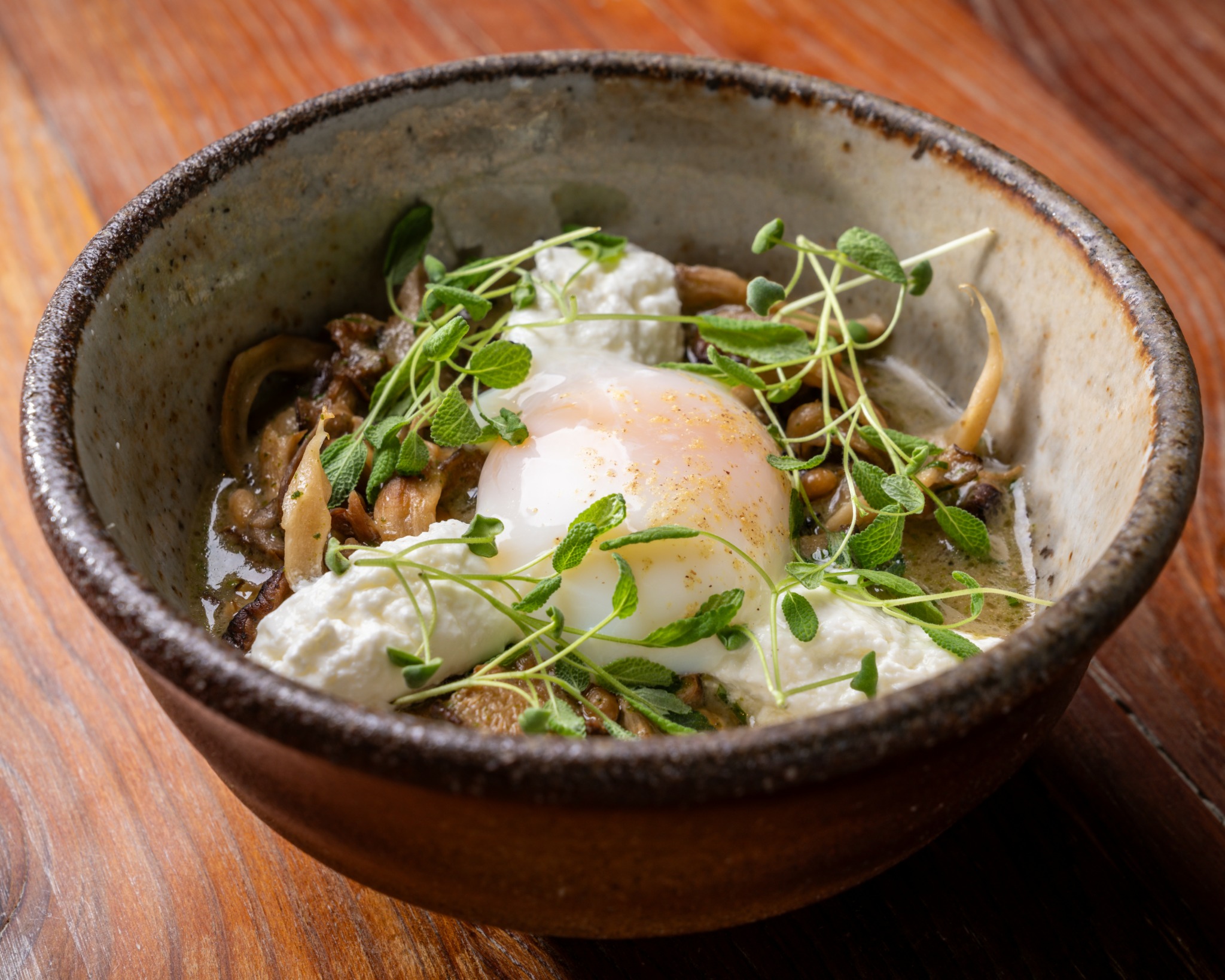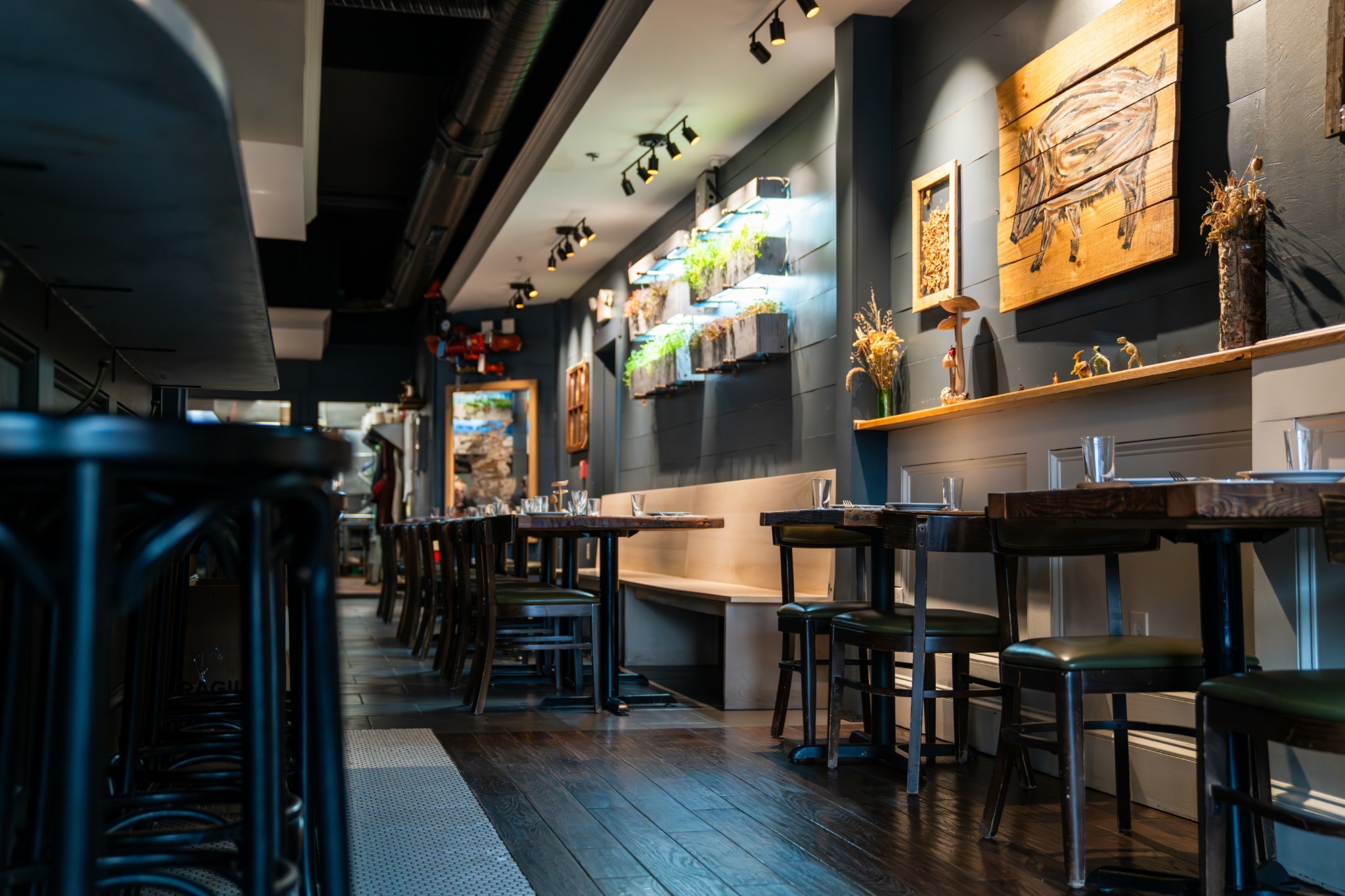We caught up with the brilliant and insightful Chris Amendola a few weeks ago and have shared our conversation below.
Chris, thanks for joining us, excited to have you contributing your stories and insights. Owning a business isn’t always glamorous and so most business owners we’ve connected with have shared that on tough days they sometimes wonder what it would have been like to have just had a regular job instead of all the responsibility of running a business. Have you ever felt that way?
**“Are you happier as a business owner? Do you ever think about what it would be like to just have a regular job?”**
Honestly? I think about it all the time. And the answer — like most things in business — depends on the day.
There are moments when I imagine the stability of a steady paycheck, clocking out at 5, and leaving the stress at work. But then I remember what this journey has meant to me. Being a business owner isn’t easy. It’s a constant mental, physical, and emotional grind. The highs are incredibly high, but the lows can be crushing. And more often than not, it’s the latter that we’re quietly carrying.
There were nights I couldn’t sleep, worrying how I’d cover payroll or if we had enough to pay vendors. There were days I didn’t know if anyone would show up to work. Weeks when I had no idea how we’d survive a slow season. These are the parts no one prepares you for — the weight of running something you’ve built from nothing.
When I opened my restaurant, I didn’t have investors or a business partner. I had $7,000 in cash and maxed-out credit cards. I dropped out of high school. I had no business degree. Just years of experience in kitchens and a deep belief that I could figure it out. That first month, we lost $10,000. And the first three years? They were some of the hardest of my life.
But I’m still here. Seven and a half years later, I’ve learned more than I ever thought possible — and while it’s never gotten easier, I’ve gotten stronger. That’s the reality of being a business owner. You show up, even when it’s hard. Especially when it’s hard.
So, am I happier? In many ways, yes. Because this dream is mine. Because I get to build something that reflects who I am. And while I do sometimes think about what life would be like working for someone else, I know deep down that I wouldn’t trade this for anything.
It’s the small wins that keep me going. The little moments that remind me why I started. And the thought of giving all that up — of walking away from something I’ve fought so hard to build — that’s what drives me to keep pushing forward.
I’ll take the chaos, the unknowns, and the hard days — because this is my dream. And that makes it worth it.

Great, appreciate you sharing that with us. Before we ask you to share more of your insights, can you take a moment to introduce yourself and how you got to where you are today to our readers.
I consider myself one of the lucky ones — I knew from a very young age exactly what I wanted to do with my life.
I grew up in Florida in the ’90s, and some of my fondest memories are of being in the kitchen. I looked forward to helping my family cook dinner and spending time at my aunt’s house, where she introduced me to real cooking. I was just seven or eight, learning how to make hollandaise sauce from scratch and roast artichokes to go with it. Most kids dreaded chores, but one of mine was to record old episodes of *Great Chefs of the World* and *Great Chefs of France* on VHS. I’d sit there with the remote, ready to pause during commercials and restart recording when the show came back on. I was captivated — watching chefs craft their signature dishes, mesmerized by the precision, the beauty, the artistry. I had no idea at the time that I was watching some of the greatest culinary legends of our industry. But I knew one thing: I wanted to be a chef. I dreamed of owning my own restaurant.
I started culinary school at 15 and got my first job in a kitchen — washing dishes. But around that time, life took a darker turn. I fell into addiction. By 16, I was homeless, had dropped out of school, and was living what could only be described as a junkie’s life. It took time, struggle, and resilience, but eventually, I found my way back. I never did earn a high school diploma, but I did finish culinary school — and that was the spark that reignited my path forward.
From there, I chased opportunity wherever it led me. I worked in Florida, South Carolina, Washington D.C., the Berkshires, New York, and eventually, Baltimore. In every city, I sought out the very best kitchens I could find — places that would push me, challenge me, and teach me. I was fortunate to land in restaurants that are considered some of the finest in the world.
When I finally settled in Baltimore, I bounced around for a bit before deciding it was time to build something of my own. That dream I had as a kid — standing in the kitchen with my aunt, glued to the TV watching world-class chefs — had finally come full circle.
And I opened my own restaurant.

Can you open up about how you funded your business?
I think my story of funding the business and staying resilient are one and the same — so let’s kill two birds with one stone.
I didn’t come from money. We weren’t destitute growing up, but we definitely weren’t well off. So when the opportunity came to take over my first restaurant — a small 26-seat spot — I had the passion, the vision, and the experience, but not the funding. The asking price was $150,000, and I didn’t have anywhere near that. I approached banks, potential investors, friends — anyone who might help. But without collateral or a financial track record, no one was willing to take a chance on me. The banks said no. Every investor passed.
I went back to the seller and explained the situation. He spoke with his own investor and came back with a revised offer: if I could put down $25,000 as a deposit, I could pay the rest off over time. I was excited. It felt like the opportunity was finally within reach. I circled back to the same people — still no luck. No one believed in it yet.
I thought I was going to lose the one chance I had worked toward for years.
Then — unexpectedly — they came back again with a new deal: they’d give me the space with no deposit and let me pay them back from future profits. On top of that, they offered $7,500 in working capital. It wasn’t much — but it was something. It was hope.
Still, I needed more just to open the doors. My parents stepped in and let me use their credit cards, which had about \$20,000 available. That was just enough to get the kitchen set up, stock initial inventory, and cover some basics to get us open.
Our first month in business, we lost $10,000.
At that point, everything was maxed out — no savings, no backup, just pure determination. I did whatever I had to do to keep the lights on. There’s one moment I’ll never forget: I had over drafted our bank account by a few hundred dollars and had absolutely nothing left. But I remembered this five-gallon water jug in my apartment where I used to toss spare change. I dumped it out, hauled it to a Coinstar machine, and it was just enough to bring the account back into the black — just enough to survive another day.
That was the kind of hustle it took.
Seven and a half years later, we’re still standing. And three years ago, we expanded into a larger space. No investors, no safety net — just relentless drive, resourcefulness, and belief in something bigger.
That’s how I funded my business. And that’s what resilience really looks like.

Any stories or insights that might help us understand how you’ve built such a strong reputation?
From day one, my commitment has been to integrity — in sourcing, in cooking, and in how we present ourselves to our guests. Before I opened my restaurant, I worked in many kitchens that claimed to source locally and seasonally, but behind the scenes, it was a different story. Chefs and owners would talk the talk, but the walk never matched. Sysco trucks would pull up while the menus still claimed “farm-to-table,” and I’d watch restaurants build their brand on values they didn’t actually uphold.
That kind of dishonesty never sat right with me. It felt disrespectful — not just to the guests, but to the farmers, foragers, and makers whose work was being used as marketing without actual support.
So when it came time to open my own place, I made a promise to myself: I would only serve food that aligned with my values. We would work with local farmers, foragers, and small producers. We would highlight ingredients at their peak, change the menu constantly, and never compromise — even when it cost more or made things harder. I knew it might limit what we could offer at times, but I also knew that authenticity would resonate with the right people.
That decision became the foundation of our reputation.
It’s not always easy. Sourcing this way can be expensive and unpredictable. But I would rather close my doors than sacrifice the integrity of what we do. I’ve been transparent about our process from the beginning — our ingredients, our seasons, our challenges — and I think people respect that. They know what they’re getting when they walk into foraged.: food that’s honest, thoughtful, and deeply connected to the land around us.
In a world full of noise and marketing fluff, staying true to your values is what cuts through. That’s what helped us build a reputation — and more importantly, earn trust.
Contact Info:
- Website: https://www.foragedeatery.com
- Instagram: @foraged.eatery/@chefinitup
- Facebook: https://www.facebook.com/foragedeatery
- Yelp: foraged. a hyper seasonal eatery

Image Credits
@sv_images


